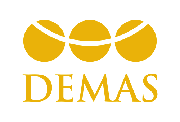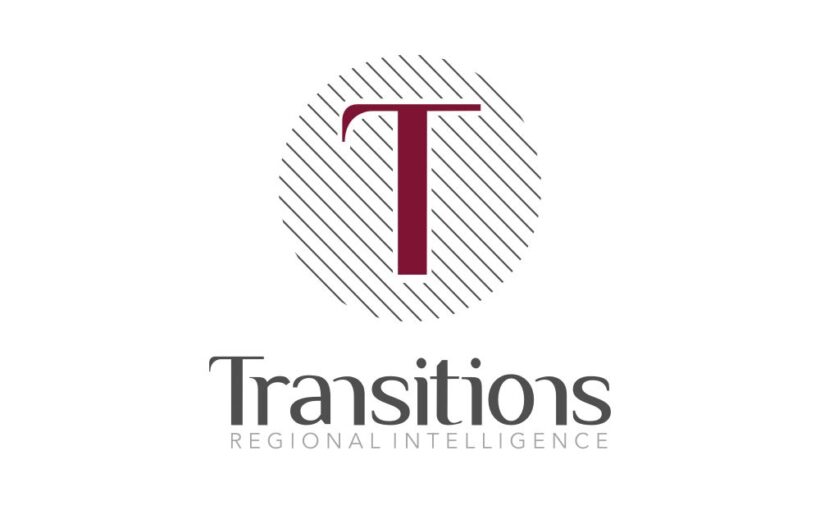Fidesz and Independent Media Operate the Same Way
In this interview, the Fidesz politician explains his political Manichaeism by arguing that at least half of the media must be under government control and that Prime Minister Viktor Orban’s power of commanding business owners to buy media at his request is the same as the power of independent media financed by readers. Deutsch also tries to harmonize contradictory statements regarding Hungarian isolationism in the EU and a commitment to remain part of the Union.
The Vrbetice Affair: Question Time
The ammunition depot in Vrbetice has exploded for the third time since the two blasts in 2014 –this time politically. And once again, after the initial political explosion in the form of the announcement by Prime Minister Andrej Babis and Deputy Prime Minister Jan Hamacek that the Russian secret services were behind the Vrbetice explosions, others will follow. A number of unanswered questions remain about the whole affair; the answers to each could bring about a political earthquake. The first is this: How long did the Czech secret services know about the involvement of Russian agents in the Vrbetice explosions seven years ago?
What Role for Turkey in the Ukraine-Russia Conflict?
The post-Cold War era was full of euphoria. Many countries in the Euro-Atlantic area rejoiced in the “peace dividend” and made dramatic cuts in their defense expenditures. The ultimate aim was to create a zone of peace from Vancouver to Vladivostok, including a Europe whole, free, and at peace. Today, that goal is no more: not only Europe but also other parts of the globe now suffer from strategic competition. (…)
Keeping the Dogs of War at Bay
Teresa Ribeiro, the new media freedom representative for the Organization for Security and Cooperation in Europe (OSCE), is tasked with giving the old college try to resolve a primordial problem: powerful individuals and entities siccing their dogs of war on independent media. Given the trends in Eastern, Southeastern, and Central Europe, Ribeiro’s initial task is to hold the dogs sufficiently in check to stop freedom of the media and of expression from being hounded to the verge of their tombs or locked in outright.
Thinking Beyond Putin
Pratele svobodneho Ruska (Friends of Free Russia), dedicated to the idea of a “free and democratic Russia,” is a newly formed group including Czech parliamentarians as well as members of Czech civil society, academia, and other interested parties. Group member Pavel Havlicek is a research fellow at the Association for International Affairs in Prague and Russia research coordinator for MapInfluenCE, an initiative to monitor Russian and Chinese influence in Central Europe. He is also a board member of the EU-Russia Civil Society Forum.

